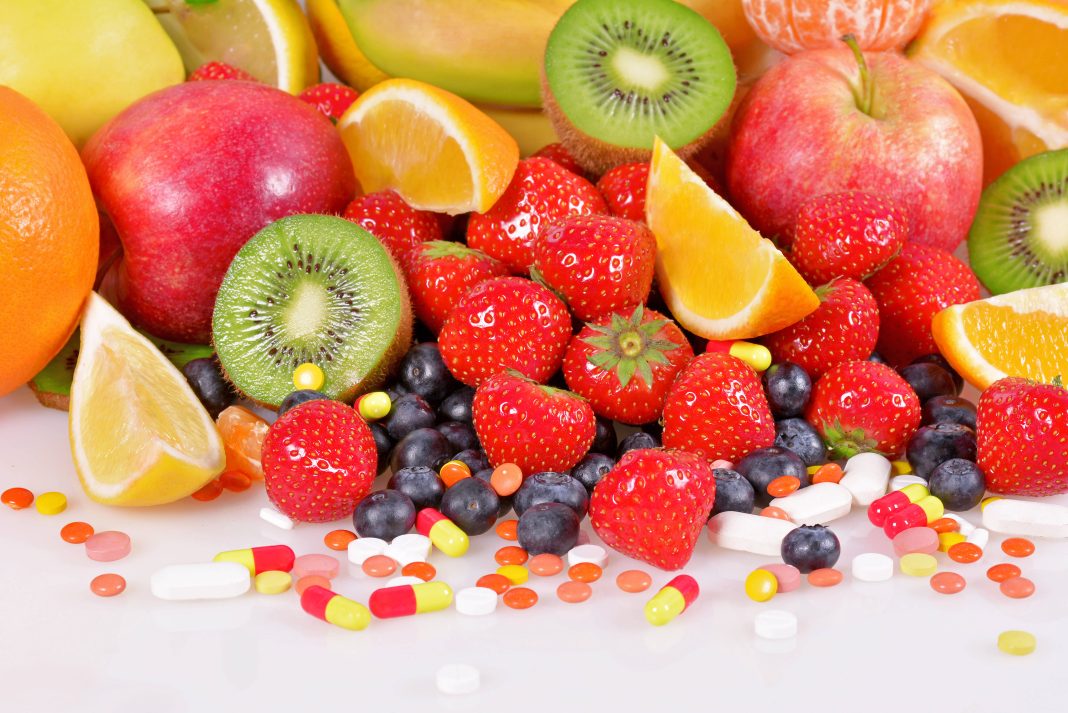This content is provided by the pioneer bird blood sugar management software! It helps you record blood sugar, blood pressure, and other health indicators, provides free tastings of sugar-free foods, and customizes diet and exercise plans to accompany you in blood sugar control.
As a nutritionist, I have encountered many diabetes patients in my work, many of whom have deep concerns and misunderstandings about diet. In this article, I want to share some experiences and knowledge about diabetes, especially how to reduce the risk of death by choosing fruits reasonably. A new study shows that by eating two specific fruits more, the risk of death can be reduced by 43%. Let’s take a look at these two “high blood sugar enemies” fruits together.
1. Relationship between Diabetes and Fruits
Diabetes patients often face a dilemma in their diet: can fruits be consumed? Due to the natural sugar content in fruits, many patients worry that eating fruits may lead to an increase in blood sugar. However, fruits are also important sources of vitamins, minerals, and dietary fiber, essential for maintaining good health. Therefore, choosing the right fruits is particularly important for diabetes patients.
2. “High Blood Sugar Enemies” Fruits Revealed by New Research
A recent study has provided strong evidence for diabetes patients, indicating that certain fruits not only do not have a negative impact on blood sugar, but may actually reduce the risk of death. The following are two fruits confirmed by research:
1. Apple
Apples are rich in dietary fiber, especially soluble fiber, which can help slow down the absorption rate of food in the intestines, thereby reducing the rise in blood sugar after meals. In addition, antioxidants in apples such as flavonoids and vitamin C help reduce oxidative stress, protecting pancreatic β-cell function.
2. Blueberries
Blueberries are rich in anthocyanins, a powerful antioxidant that can reduce inflammation, improve vascular function, which is beneficial for lowering the risk of cardiovascular disease for diabetes patients, and cardiovascular disease is one of the main causes of death for diabetes patients.
3. How to Consume These Fruits Properly
1. Consume in moderation
Although these fruits are beneficial for diabetes patients, the intake should still be controlled. It is recommended to consume fruits as snacks between meals or as desserts after meals, with each serving being a medium-sized apple or half a cup of blueberries.
2. Choose the timing
Avoid consuming fruits when blood sugar control is unstable, it is best to consume them when blood sugar is relatively stable to reduce their impact on blood sugar.
3. Eat the whole fruit
Try to eat the whole fruit instead of juice. The fiber in the whole fruit helps slow down sugar absorption.
4. Dietary Advice for Diabetes Patients
1. Control total calorie intake
Diabetes patients should control their daily total calorie intake based on their physical condition and activity level.
2. Increase dietary fiber
By consuming foods rich in dietary fiber such as whole grains, vegetables, and fruits, help control blood sugar and cholesterol levels.
3. Balanced diet
Ensure sufficient intake of protein, healthy fats, and a variety of vitamins and minerals in the diet.
4. Regular monitoring of blood sugar
By monitoring blood sugar regularly, understand the effects of food on blood sugar and adjust the diet plan promptly.
Diet management for diabetes patients is a complex and meticulous process that requires personalized nutrition guidance. By choosing appropriate fruits such as apples and blueberries, not only can you enjoy delicious flavors, but also lower the risk of death. As a nutritionist, I recommend that diabetes patients pay attention to maintaining a balanced intake of nutrients while not neglecting blood sugar control. I hope this article can provide valuable information for diabetes patients and help them make better dietary choices.


